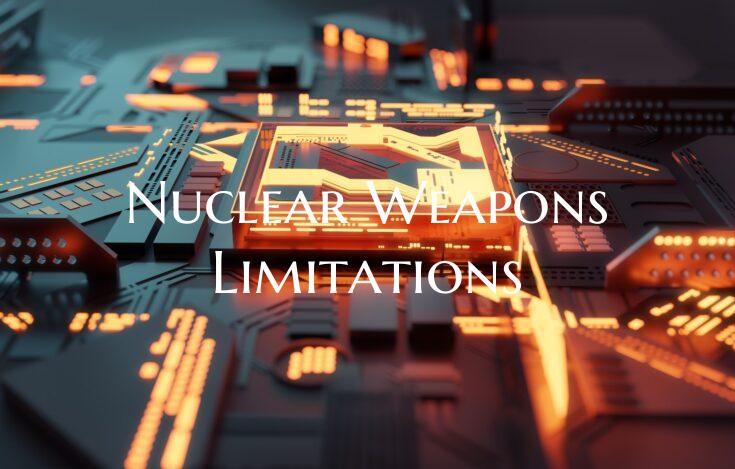Nuclear Weapons Limitations
In an era marked by technological advancements and geopolitical tensions, the issue of nuclear weapons limitations stands as a critical pillar in maintaining global security and stability. The immense destructive power of nuclear weapons has long been recognized as a threat to humanity, prompting international efforts to control and limit their proliferation.
The history of nuclear weapons limitations can be traced back to the aftermath of World War II, when the devastation caused by the bombings of Hiroshima and Nagasaki highlighted the urgent need for measures to prevent the unchecked use of these weapons. The creation of the Treaty on the Non-Proliferation of Nuclear Weapons (NPT) in 1968 marked a significant milestone in the efforts to curb the spread of nuclear weapons and promote disarmament among nuclear-armed states.
One of the key aspects of nuclear weapons limitations is arms control agreements, which seek to reduce the number of nuclear weapons in the possession of states and impose restrictions on their development and deployment. The Strategic Arms Reduction Treaty (START) between the United States and Russia, for example, has played a crucial role in scaling back their nuclear arsenals and fostering transparency in their nuclear capabilities.
Furthermore, initiatives such as the Comprehensive Nuclear-Test-Ban Treaty (CTBT) aim to prohibit all nuclear test explosions, thereby curbing the advancement of nuclear weapons technology and preventing further proliferation. The International Atomic Energy Agency (IAEA) also plays a vital role in monitoring and verifying compliance with nuclear weapons limitations agreements, ensuring that states adhere to their commitments.
Despite these efforts, challenges persist in achieving comprehensive nuclear weapons limitations. The presence of rogue states and non-state actors seeking to acquire nuclear weapons poses a grave threat to global security, necessitating enhanced international cooperation and vigilance. The lack of universal adherence to nuclear weapons limitations agreements further underscores the need for diplomatic engagement and enforcement mechanisms to strengthen the global non-proliferation regime.
In conclusion, nuclear weapons limitations are indispensable in safeguarding the future of humanity and preventing the catastrophic consequences of nuclear warfare. By upholding arms control agreements, promoting disarmament efforts, and enhancing verification mechanisms, the international community can pave the way for a world free of the specter of nuclear annihilation. Only through collective action and unwavering commitment to nuclear weapons limitations can we build a safer and more secure world for generations to come.

